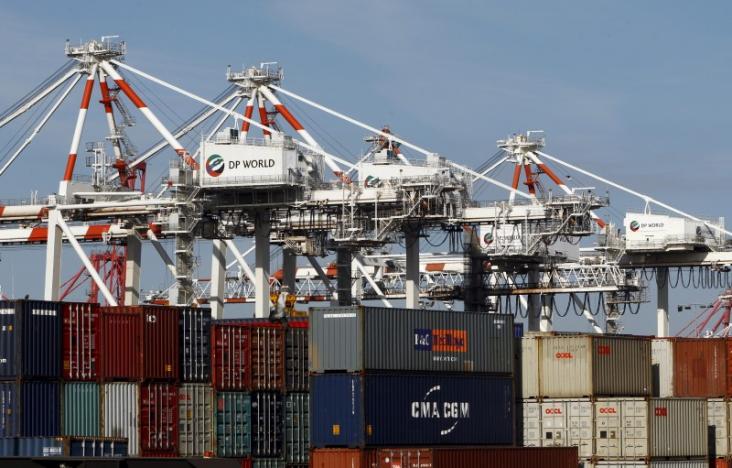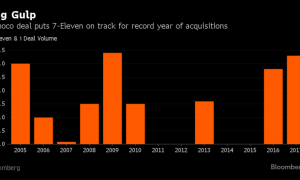Chinese and Australian sovereign wealth funds, along with other investors, on Monday said they will take Australia's busiest port private for a higher-than-expected A$9.7 billion ($7.3 billion), a sign that tough equity markets are fuelling appetite for infrastructure.
The pricetag for Port of Melbourne fell short of the country's largest privatization deal on record, the A$10.8 billion sale of electricity grid company Transgrid to a global consortium in November 2015, but still ranks among its biggest.
It also smashes the target set by the government of Victoria state which previously said it hoped for A$5.8 billion for the container and multi-cargo port. In 2013, the two ports of larger city Sydney fetched A$5 billion.
"Equity markets are starting to realize that they're going to live in an environment where returns are going to be lower for longer, and they're looking for secure investments," Victoria Treasurer Tim Pallas said in a telephone interview.
Australian leaders will also hope the deal shows they still welcome Chinese infrastructure buyouts. The 2015 sale of smaller Port of Darwin to Chinese interests set off a political backlash which culminated in the federal government blocking a state-owned Chinese bidder from buying the Ausgrid energy network last month, over national security concerns.
Australia began a free trade agreement with China in December but has been trying to ease diplomatic strains with the mainland since the Ausgrid rejection. China's commerce ministry warned at the time that the move "seriously impacts the willingness of Chinese companies to invest in Australia".
On Monday, Pallas said government-owned China Investment Corp will own a fifth of Port of Melbourne, while Australia's sovereign wealth fund, The Future Fund, will also get a fifth, as will Canada's Ontario Municipal Employees Retirement System.
The government investment vehicle of Queensland state, New York-based Global Infrastructure Partners, California Public Employees' Retirement System and South Korean pension fund NTS will also get stakes following the sale, which is packaged as a 50-year lease.
All foreign buyers have regulatory clearance, Pallas added.
The sell-off is part of Australia's more than A$100 billion privatization program, where state and federal governments are trying to cut debt and bankroll capital works by selling "mature" infrastructure assets.
New South Wales state, which arranged the troubled Ausgrid sale, is again trying to offload that asset, and plans to dispose of another grid afterwards. Western Australia state meanwhile wants to sell ports, while the Federal government is selling the Australian Security and Investments Commission's registry arm.
($1 = 1.3278 Australian dollars)
(Reporting by Byron Kaye and Cecile Lefort; Editing by Stephen Coates)
Click here to view original web page at www.reuters.com













